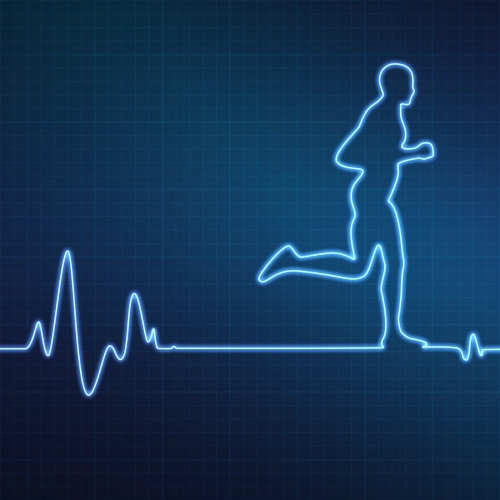Key points from article :
A team of researchers from Aarhus University, led by Professor Thomas Poulsen, has developed a new molecule that can replicate the effects of exercise and fasting on the body without the need for physical exertion. Published in the Journal of Agricultural and Food Chemistry, the study describes how this molecule, called LaKe, induces metabolic changes similar to those seen after a strenuous 10-kilometer run on an empty stomach. By safely raising levels of lactate and ketones in the body, LaKe stimulates processes that reduce fat levels in the blood, suppress appetite, and potentially lower the risk of metabolic disorders.
Unlike consuming lactate or ketones directly, which brings unwanted acid and salt into the body, LaKe provides these benefits without these by-products. Developed through three years of research in collaboration with Professors Mogens Johannsen and Niels Møller, the molecule is expected to serve as a safe alternative to intense exercise and fasting, especially for individuals with health limitations.
Currently in clinical trials, LaKe may also hold potential in treating conditions like Parkinson's and dementia. The molecule could help address low brain energy levels that often accompany these diseases, as lactate can replace glucose in the brain under stress. For people unable to exercise, LaKe may offer a new way to improve health and recovery.






